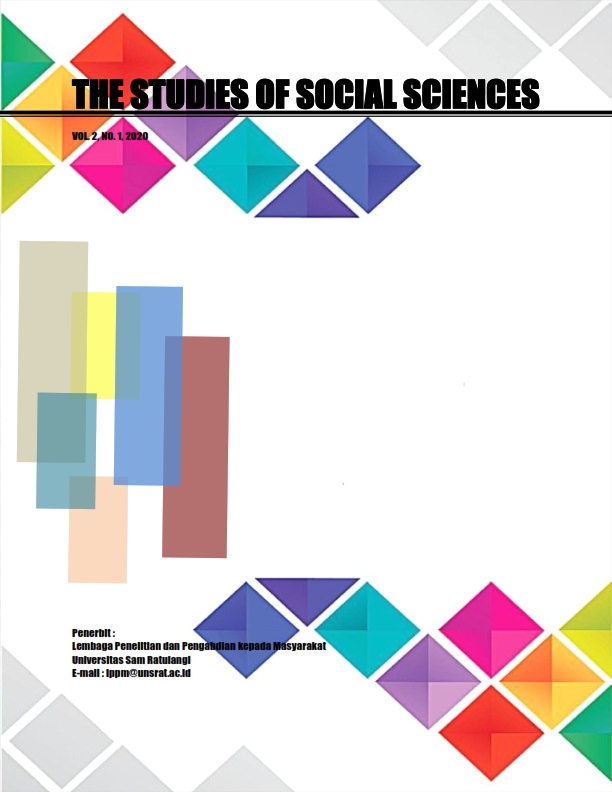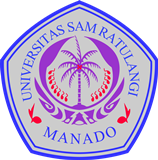Edukasi Pengendalian Lalat Penyebar Penyakit Pada Peternak Babi Tangkoko Bitung Sulawesi Utara Bitung Provinsi Sulawesi Utara
DOI:
https://doi.org/10.35801/tsss.v5i1.50499Abstract
Pig farmers in Batuputih Tangkoko Village generally raise pigs in cages made of wood or live plants, without a roof, or left loose in the yard. Limited levels of education and knowledge mean that they are unable to handle sanitation management. Therefore, the Sam Ratulangi University Faculty of Animal Husbandry Team, through the cluster 2 community partnership program, carried out educational activities to control flies that spread disease in this village. This activity was carried out for 6 months in Batuputih Tangkoko Village using the Focus group discussion method, lectures and practice. Focus group discussions are conducted to explore the potential of breeders. The lecture was conducted to provide knowledge about fly bioecology. The lecture was held at the village head's house. The practice was carried out at the farm site and divided into two topics, namely the practice of identifying types of flies and controlling flies using fly traps. A total of 10 pig farmers and 10 government officials were given knowledge about fly bioecology and its control using traps and sanitation practices. Regular mentoring activities are needed so that the level of concern for the community in this village in preventing the spread of disease is high and they behave cleanly and live a healthy life.
Downloads
Published
How to Cite
Issue
Section
License
Authors who publish with this journal agree to the following terms:
- Authors retain copyright and grant the journal right of first publication with the work simultaneously licensed under a Creative Commons Attribution License (CC BY-SA 4.0) that allows others to share the work with an acknowledgement of the work's authorship and initial publication in this journal.
- Authors are able to enter into separate, additional contractual arrangements for the non-exclusive distribution of the journal's published version of the work (e.g., post it to an institutional repository or publish it in a book), with an acknowledgement of its initial publication in this journal.
- Manuscripts published in print and electronically are open access for the purposes of education, research, and libraries. Apart from these purposes, the editorial board is not responsible for violations of copyright law.






1.gif)



